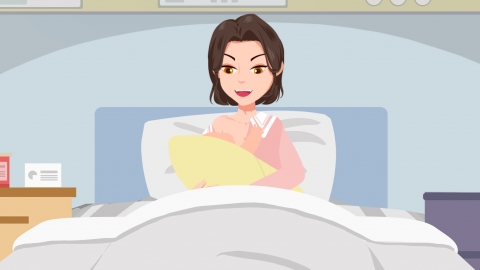Does consuming honey locust flowers during lactation reduce breast milk production?
Generally, consuming locust flowers during lactation does not typically cause a reduction in breast milk production.

Locust flowers are relatively cooling in nature and have the effect of clearing heat and relieving dryness. Moderate consumption generally does not directly affect milk secretion. If a breastfeeding woman is in good health and has no special contraindications, eating locust flowers may help alleviate mild discomfort caused by excessive internal heat (fire), while also providing some nutritional support. In such cases, locust flowers can be included as part of the regular diet without excessive concern about their effects.
However, individual constitutions vary, and some breastfeeding women may be more sensitive to cold or cooling foods. If discomfort occurs after consuming locust flowers—such as gastrointestinal issues or worsening of cold-related symptoms—this could indirectly affect breast milk production. Additionally, if locust flowers are consumed together with other ingredients that may potentially reduce lactation, unnecessary concerns may arise. Therefore, caution should be exercised when consuming locust flowers, especially if physical condition is unstable or if one is sensitive to certain foods.
To ensure sufficient breast milk for the baby, lactating women should drink more nourishing soups, such as carp and tofu soup, tomato egg soup, pork rib soup, or lean meat soup. At the same time, it is important to avoid overly greasy foods to prevent indigestion or weight gain.




